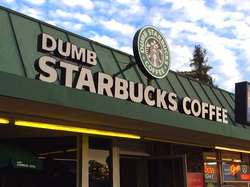
In its first installment, Dumb Starbucks was shut down within a few short days of its initial opening for… health permit violations, of all things. So will the Brooklyn store manage to outlast the short lifespan of the original? We’ll see, although it seems like New York City would be a place with health standards for food outlets that are as strict as those in California. I’m pretty sure the Dumb Starbucks brand will be on full display, at least if Mr. Wilder hopes to acquire the same attention that he acquired through his first store and make the same point he set out to make originally.


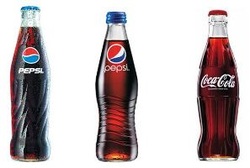
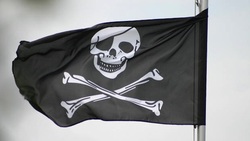
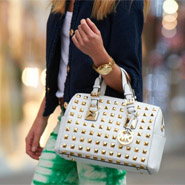
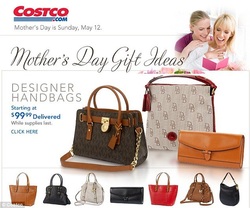

 RSS Feed
RSS Feed